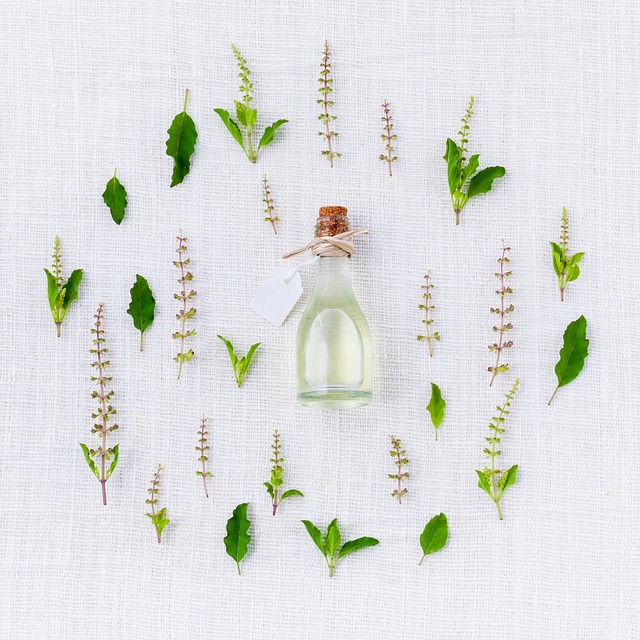One of the biggest struggles I see with clients is the challenge of getting a good night’s rest. Now, don’t get me wrong, most people that come to me aren’t presenting with lack of sleep as their chief complaint. However, what we often uncover is that their high stress levels, anxiety, etc. are partially attributed by poor sleep patterns. Good, quality rest is essential for optimum functioning.
For the vast majority of us, we require a solid 8 hours of sleep. Some individuals may require less, while others may require more. Thus, it is important for you to know your body and what it needs in order to work toward meeting the need. As a general rule of thumb, if you find yourself feeling tired when you awaken and/ or wanting a nap in the day, you’re likely not getting enough rest. Time to make some adjustments!
Sadly, in our very busy and hectic lives, society views sleep as something that we can sacrifice. Big test tomorrow? Bypass sleep and study. Deadline at work? Stay up late fueled by coffee and do what’s necessary. One sleep-deprived night can leave you feeling irritable and tired, but doing this repetitiously can become harmful to your health. Your day to day activities can begin to suffer as well. Missing out on sleep results in poor concentration and focus, leading to increased mental mistakes.
How do we address it?
- Side-sleeping. Try a body pillow to support this position.
- Essential oils. Therapeutic grade quality oils are recommended (e.g. DoTerra). Lavender is a gem – diffused or spritzed on your bedding. You can even use it in a rollerball application on your neck, wrists, etc.
- Cool temps. Our body temperature naturally drops before slumber, so keeping your room more chilled allows your body to do less work. Research tells us that keeping your temperature between 60 and 67 degrees Fahrenheit is best for sleep. Also, avoid evening workouts because this also raises your core body temp for up to 6 hours.
- Routine. Arise the same time daily, regardless of what you have planned. Ideally, this time would be 16 hours prior to bedtime because your body’s circadian rhythm does its own thing throughout the day prepping you for sleep and this is generally when your body naturally wants to bed down. So set your alarm and leave it there! You also might consider setting your coffee maker to start brewing at your wake-up time, if you find the smell of a fresh brew refreshing.
- Ritual. Have a consistent, wind-down ritual that signals it is nearing bedtime for your mind and body. This might be a warm bath, listening to relaxing music, or reading the next chapter in your book.
- Meditation. Studies show that meditating anywhere between 5 to 20 minutes a day can induce sleep. If you’re newer to meditation practices, there are meditation apps that can be downloaded to your phone. Personally, I like Buddhist Meditation Trainer. There are also free guided meditation podcasts. Try UCLA Health Mindful Awareness Research Center (www.marc.ucla.edu). Integrate meditation into your nightly routine just before bed.
- OTC options. Valerian root is helpful for many. Between 400-900 mg approximately 2 hours before bed is a typical dosage recommendation for insomnia. Melatonin is also a good sleep aid to be used in brief intervals. Your body naturally produces the hormone melatonin, which tells your body it is time for sleep. Taken as a supplement, 1-6 mg is the generally recommended range, and you would take this about an hour before bed. Less is best with melatonin, as too much can cause headaches, nausea, or dizziness, so start with 1 mg to see how you feel. As always, let your healthcare providers know when you’re taking anything over the counter.
- Be mindful of what you eat. Don’t go to bed on a full stomach or hungry. There are some foods known to support sleep, which would be good ideas for evening snacks. Bananas contain tryptophan, which is associated with quality sleep. They also contain magnesium and potassium, which relax muscles. Milk also contains tryptophan. Other tryptophan containing foods include cheddar cheese, peanut butter, hummus, and pumpkin seeds. Melatonin-containing foods, such as pineapple and cherries are also good options.
- Avoid alcohol and caffeine several hours before bed; avoid nicotine near bedtime, as well. Avoid electronics right before bed too. Screen time stimulates the brain.
- Avoid checking the time. This generally increases anxiety. You start to fret over how long you’ve been awake, how much time you have left before the alarm, etc. It serves you no purpose.
Regards,
Dana
<Disclaimer: Content of this blog is for information purposes only and not intended as therapy or medical advice>




